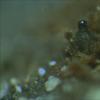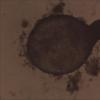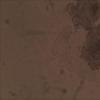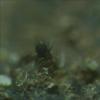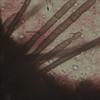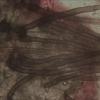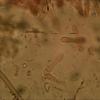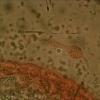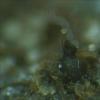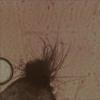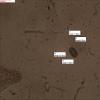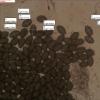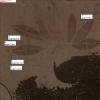
03-02-2026 20:44
Zetti MarioWhen I first saw this white mould on an Agaricus s

18-08-2025 15:07
 Lothar Krieglsteiner
Lothar Krieglsteiner
.. 20.7.25, in subarctic habital. The liverwort i

02-02-2026 21:46
Margot en Geert VullingsOn a barkless poplar branch, we found hairy discs

02-02-2026 14:55
 Andgelo Mombert
Andgelo Mombert
Bonjour,Sur thalle de Lobaria pulmonaria.Conidiome

02-02-2026 14:33
 Andgelo Mombert
Andgelo Mombert
Bonjour,Sur le thalle de Peltigera praetextata, ne

31-01-2026 10:22
 Michel Hairaud
Michel Hairaud
Bonjour, Cette hypocreale parasite en nombre les

02-02-2026 09:29
 Bernard CLESSE
Bernard CLESSE
Bonjour à toutes et tous,Pour cette récolte de 2

01-02-2026 19:29
 Nicolas Suberbielle
Nicolas Suberbielle
Bonjour, Marie-Rose D'Angelo (Société Mycologiq

31-01-2026 09:17
 Marc Detollenaere
Marc Detollenaere
Dear Forum,On decorticated wood of Castanea,I foun
 Found on dung from calfs of Scottisch highlanders, their droppings looked like flat pellets 2 cm in diameter and 1.5 cm thick.
Found on dung from calfs of Scottisch highlanders, their droppings looked like flat pellets 2 cm in diameter and 1.5 cm thick.I found 3 fruitbodies with different necks as fas as hairs are concerned.
One without hair, one with small stiff hairs and one with agglutinated hairs.
Hairs: stiff; single or agglutinated 4-5 um wide; septated; thick walled 0.8-1.1 um; round top; bulbous base.
Asci: Only young asci measured, ripe ones were busted 274-306x65-74 um; 512 spores.
Spores: 17.5-19x11-12.5 um pedicel 12x4 um; both upper cauda and lower cauda excist, only visible with young spores.
may be P. curvicolla, it's my supposition.
Greetings Peter.

Hello Peter,
P. Curvicolla does not have asci with 512 spores and pedicel is smaller accortding to Doveri. But I can look for fruitbodies which hold asci with ripe spores so I can measure the ascus and count the number of spores again.
Joop
if the number of spores are right ? I can not see the conspicuous caudae and the size of spores are in my opinion a little to small for P. granul. But I must say too, that I never seen P. g., P. c. is in our distrikt a very common species on several kinds of dung, the most on dung of Lepus.
Greetings Peter.

I agree with Peter.
This should be Podospora curvicolla.
Podospora granulostriata, which I know well from over 20 findings, has much larger spores and asci, of course. Mostly finds on dung of deer and roedeer, never on cow!
Own measurements: 22-25 x 12-15 µm.
And Podospora setosa with sporesize like you say, has asci with only 128 spores.
Norbert

Vielen dank Peter und Norbert.
I have been reading the work of Lundqvist in which he placed questionmarks about the number of spores per ascus for P. curvicolla. Yesterday I counted 512 did either of you count a different number?
And do you have any idea why the neck can be so different in having hairs?
Joop
please excuse, that I answer to your question so lately. Now and again I also find perithecies which are hardly grown hairs in the neck, but I cannot explain this condition. However, there is a Podospora-kind with hairless neck, but with more than 1000 spores, P. millespora (Alf. Schmidt) Cain in Can. J. Bot. 40 (1962).
Greetings Peter.

